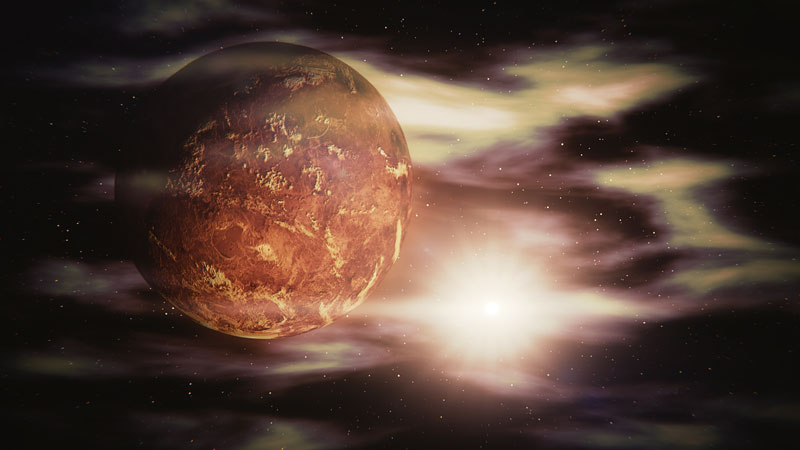
What Types of Asteorids Have the Risk of Hitting Earth?
We all know a large asteroid impact likely caused the demise of the dinosaurs about 65 million years ago. And relatively recent impacts like the 2013 Chelyabinsk incident can cause widespread damage. But there are also countless other small objects that do nothing more than make a pretty “falling star” in the night sky. How…









